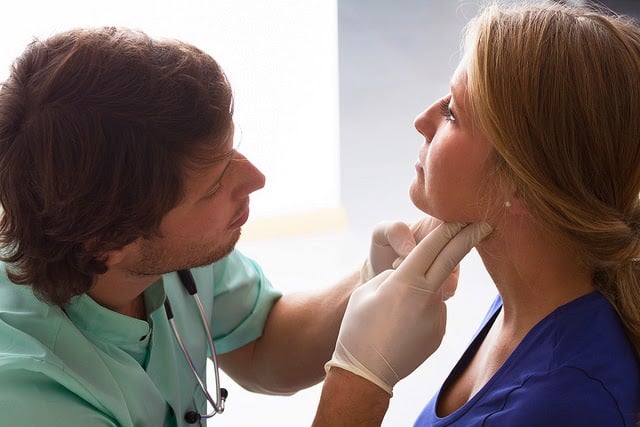How to treat lymphedema
Posted on Sep 3, 2020 11:00:00 AM | Cancer care

Sometimes, after getting a cancer-free diagnosis when you think your battle is over, you’re stuck dealing with a new challenge: painful swelling caused by lymphedema.
Lymphedema is an uncomfortable condition that often affects patients when lymph nodes are removed or damaged during or after their cancer treatment. It most commonly affects arms and legs, but lymphedema can also develop in other parts of your body.
Keep reading to learn more about how to treat lymphedema.
Read More






